Human Rights
In the wake of the horrors of World War II and the Holocaust, the global community sought a new foundation for peace and justice. At the heart of this effort was the powerful idea of human rights—that every person, no matter their country, race, or background, is entitled to the same set of essential rights. These resources explore the origins and impact of the Universal Declaration of Human Rights (UDHR), helping students understand both the historic progress it represents and the ongoing struggle to fulfill its promise.
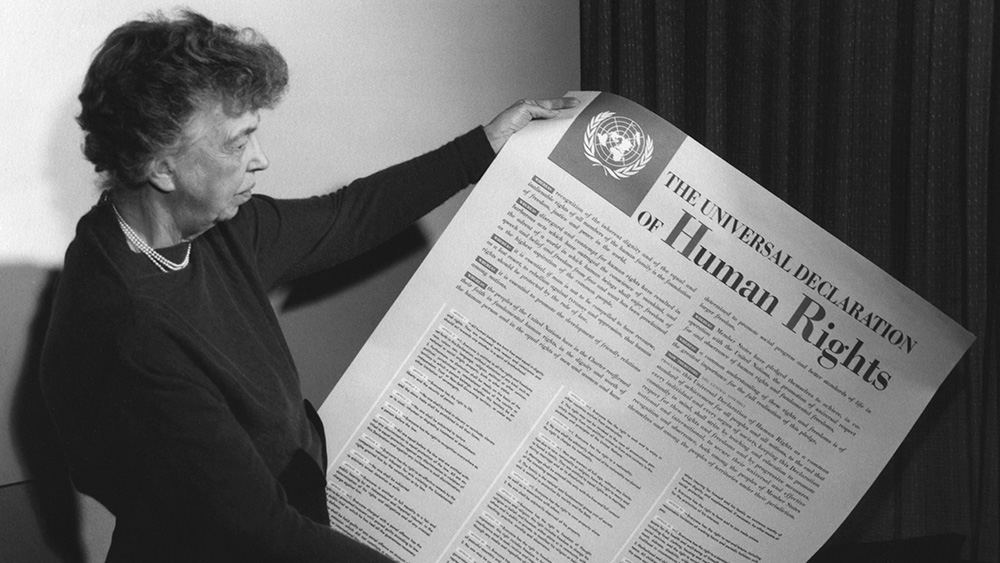
Are you a teacher? Click here to view the Teaching Tools for this topic
Featured Materials
Universal Rights
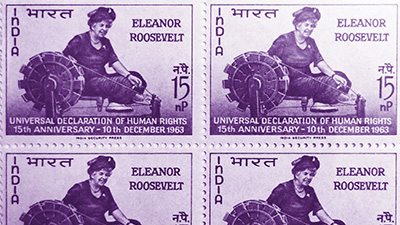
Article
Universal Rights
In 1948, 48 countries signed the Universal Declaration of Human Rights. Since then, globalization has spread, and has both supported and threatened human rights.
Preserving the Past
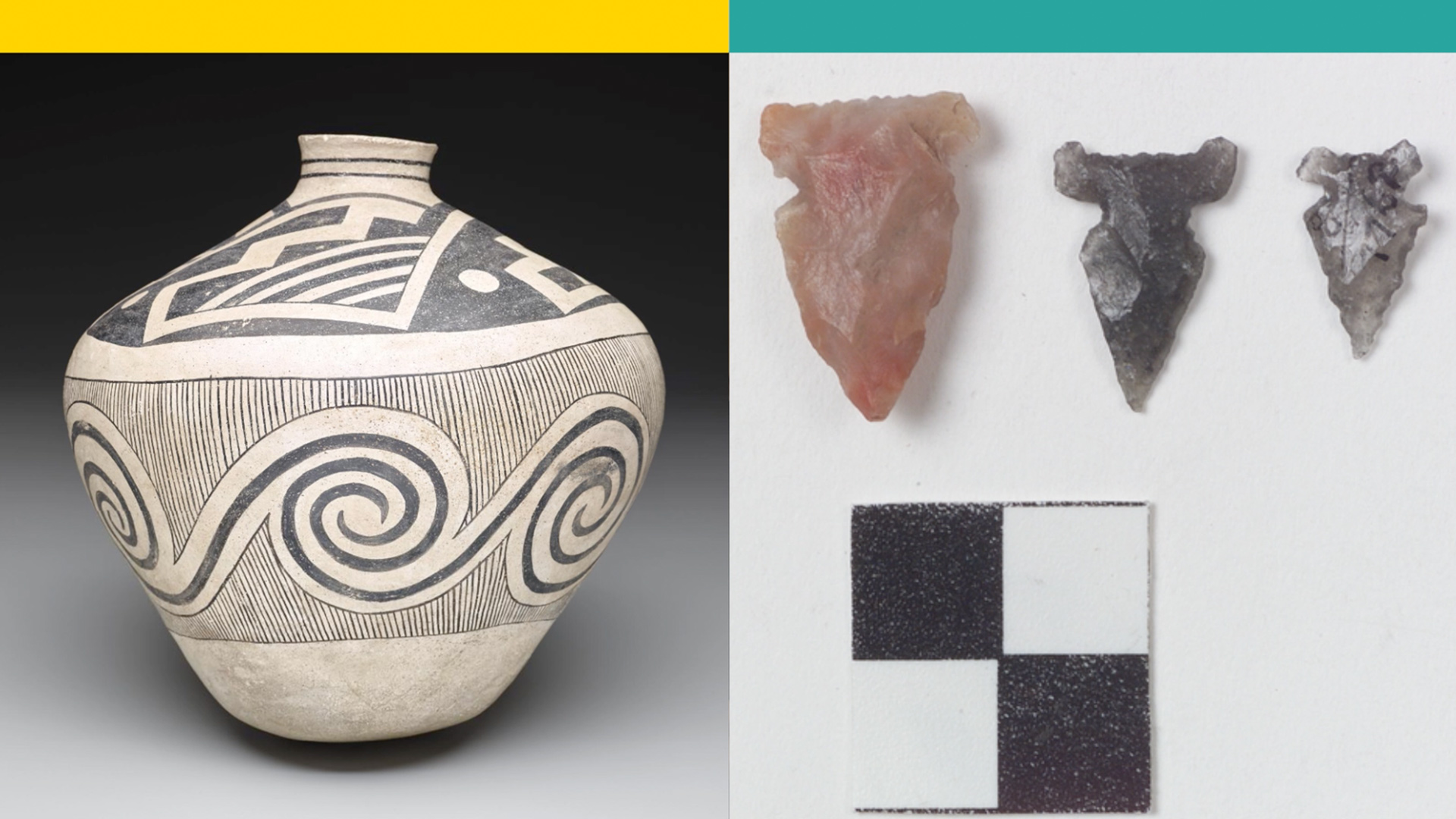
Video
Preserving the Past
Globalization and imperialism have impacted Indigenous American communities everywhere. Hear how Pueblo people are reclaiming their stories, ancestral remains, and sacred lands.
Civil Rights and Global Liberation
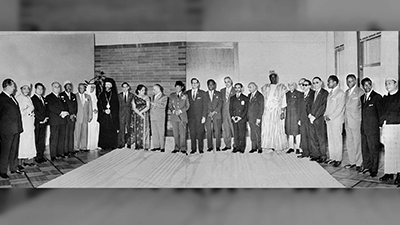
Article
Civil Rights and Global Liberation
As the Cold War heated up, the American government began to see racism in America as a liability for their foreign relations.
Lessons
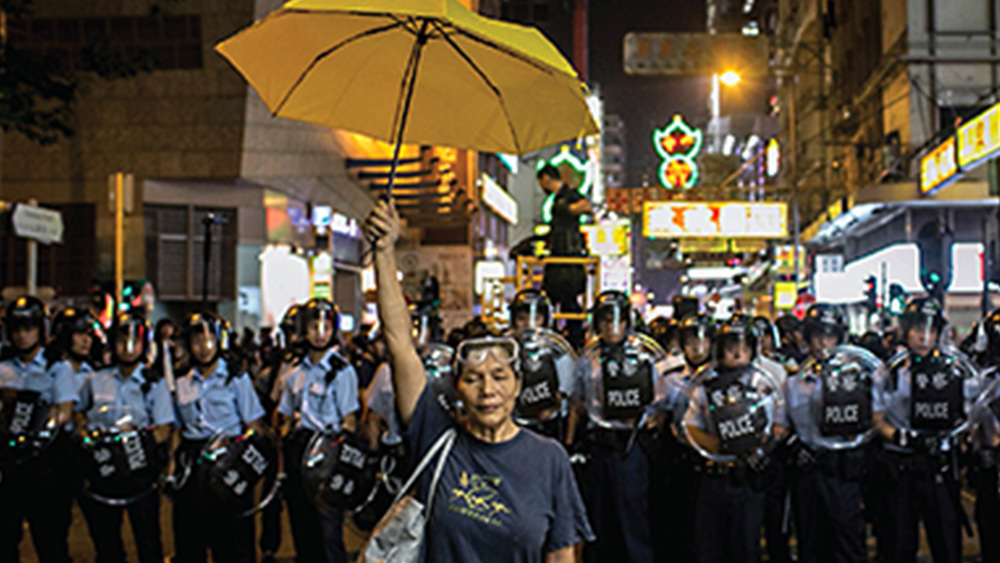
Lesson 9.5
Global Communities
It’s time to join the conversation about human rights and global cooperation. Explore how global institutions and grassroots movements have worked together—and at times clashed—in the fight for justice since World War II.
View Lesson
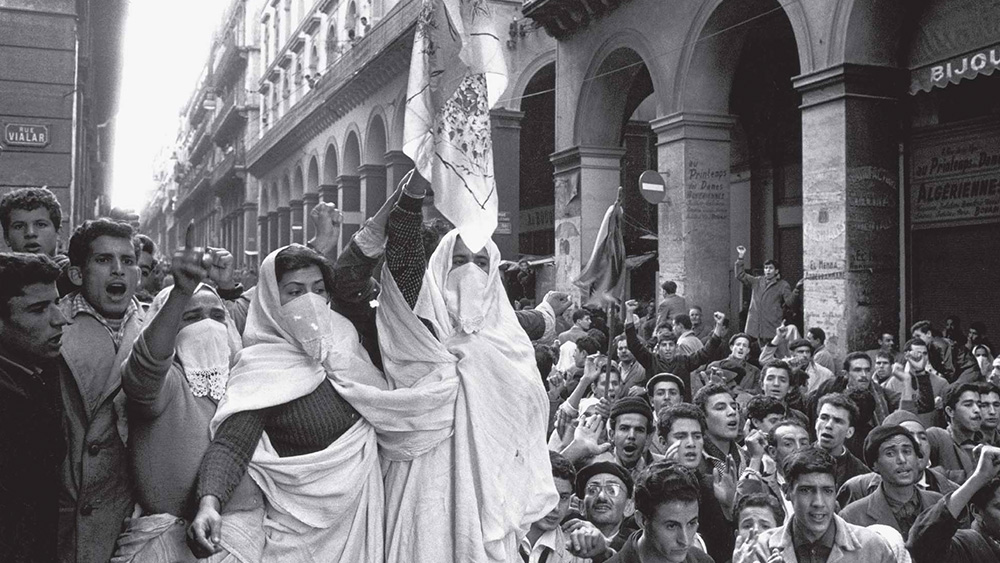
Lesson 8.7
Connecting Struggles for Liberation
The fight for justice didn’t stop with independence. See how civil rights and antiapartheid movements challenged racism, inequality, and oppression while drawing strength from global connections.
View Lesson
Materials
The Holocaust
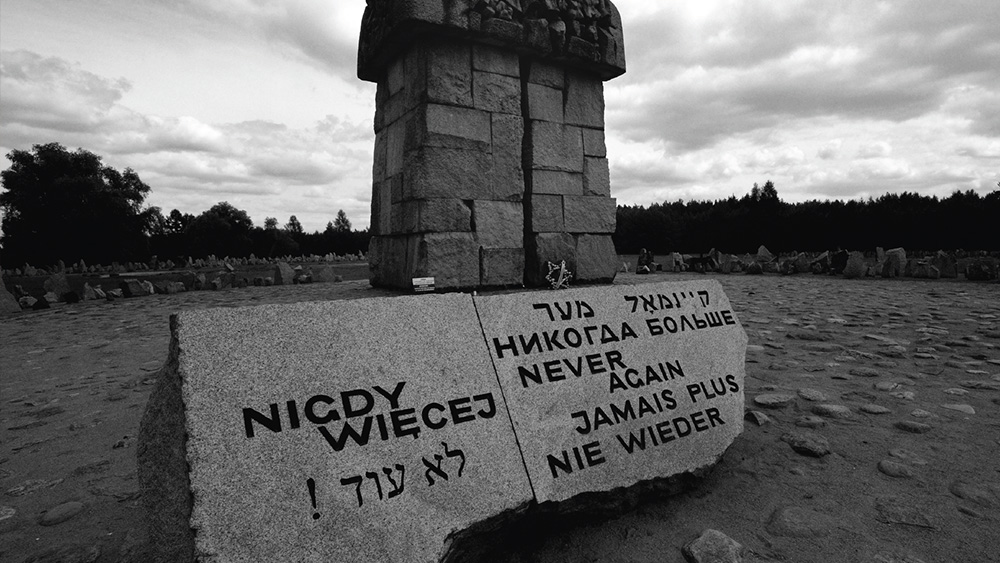
Article
The Holocaust
This article explores how antisemitism turned into state policy and how ordinary people became participants in one of the most devastating atrocities in world history.
Nuremberg Laws, Nuremberg Trials
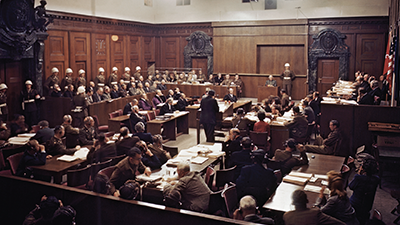
Article
Nuremberg Laws, Nuremberg Trials
The world watched in horror as the Holocaust was revealed. This article explores how it was made possible, and how the world sought justice against Nazi perpetrators.
Why Does Genocide Still Happen?
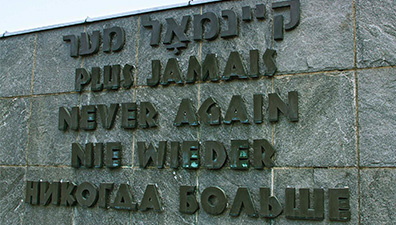
Article
Why Does Genocide Still Happen?
Despite progress in human rights, genocide still happens. This article explores how and why such violence continues in the modern world.
Movements to End Racial Injustice
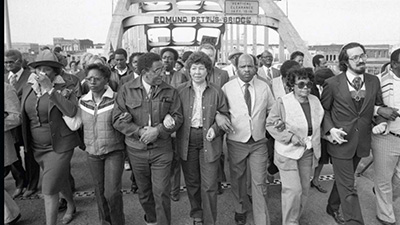
Article
Movements to End Racial Injustice
After the Second World War, movements for civil rights and equality emerged. Despite some successes, racism and inequality remain unresolved.
A Century of Refugees
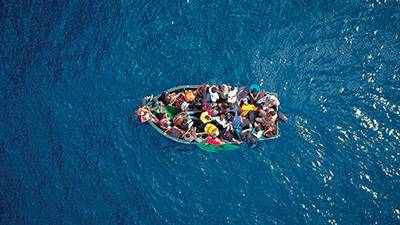
Article
A Century of Refugees
In the last century, millions of people were forced to flee their homes. Meanwhile, governments around the world have increased their attempts to control and limit migration.
 Teaching This Topic
Teaching This Topic

Teaching Sensitive Topics
Support for difficult but meaningful discussions about human rights.

PD Event: Origin of Human Rights
Learn from Samuel Moyn about the evolution of human rights and their impact on law, society, and our world today.

Blog Post: Lesson Plan: Global Reform Movements
Help your class map suffrage timelines and connect past struggles to the state of women’s rights today.

Community Forum: How Do You Address Black History Month in World History Class?
Check out teachers’ ideas about connecting African history to Black American history.